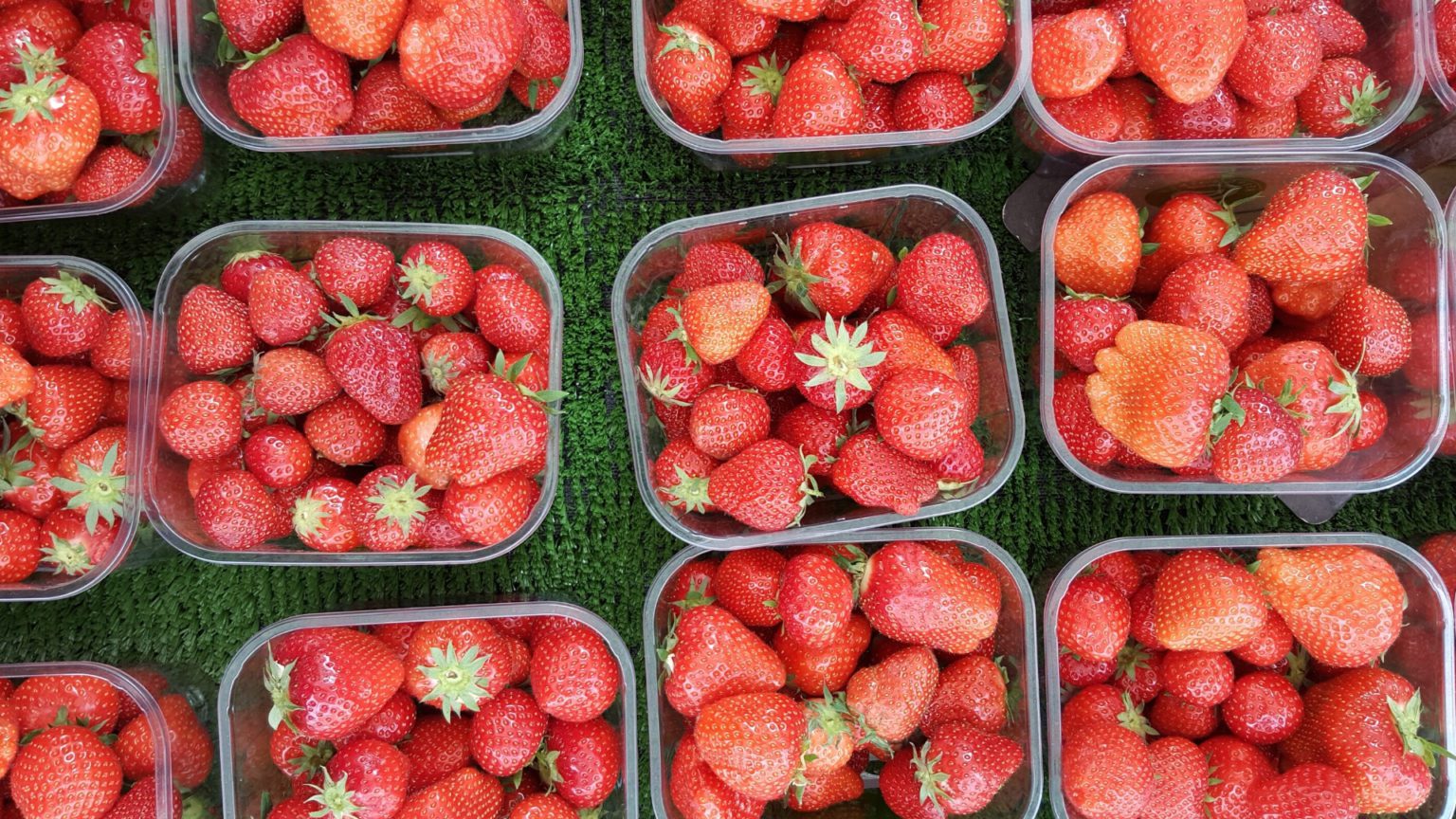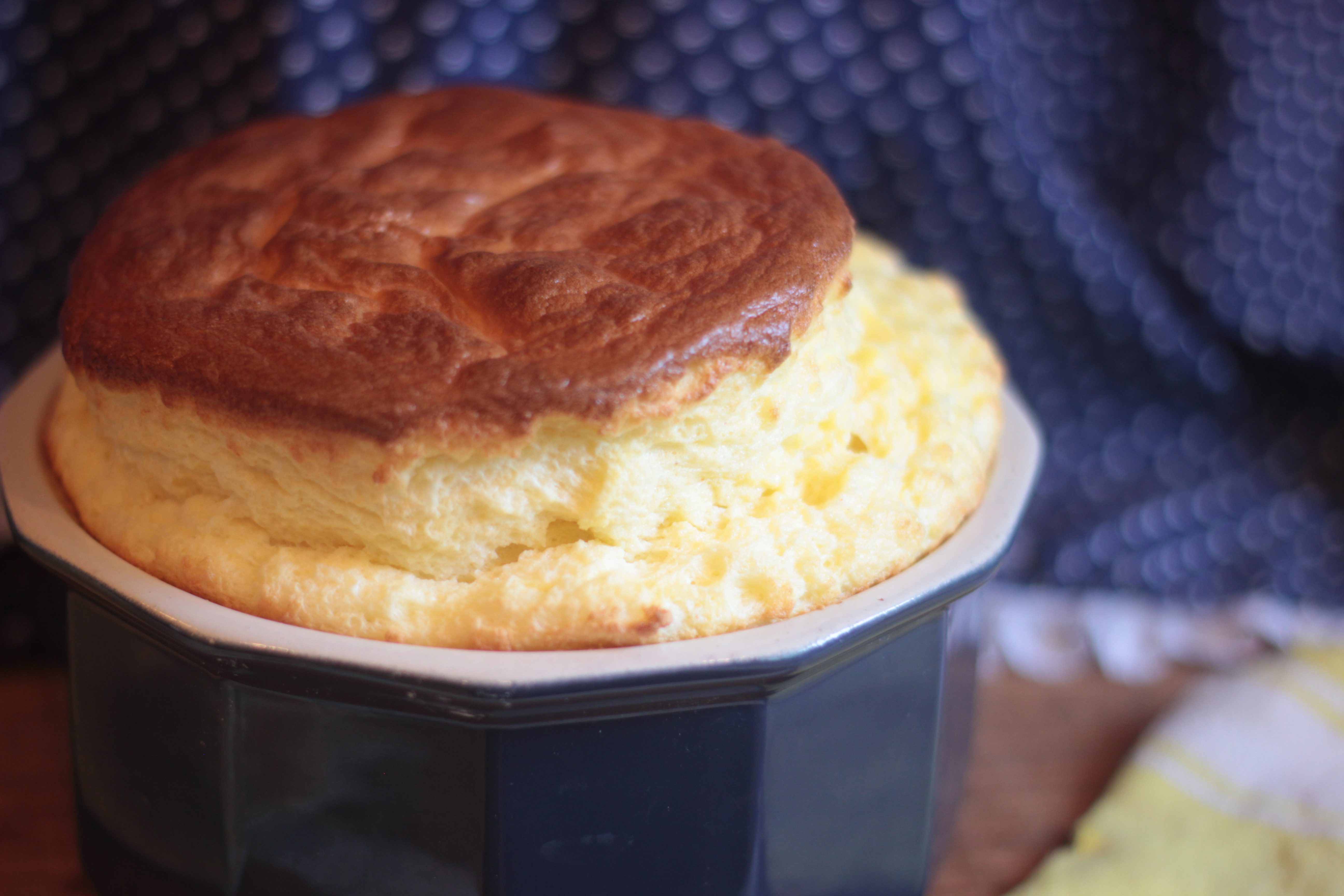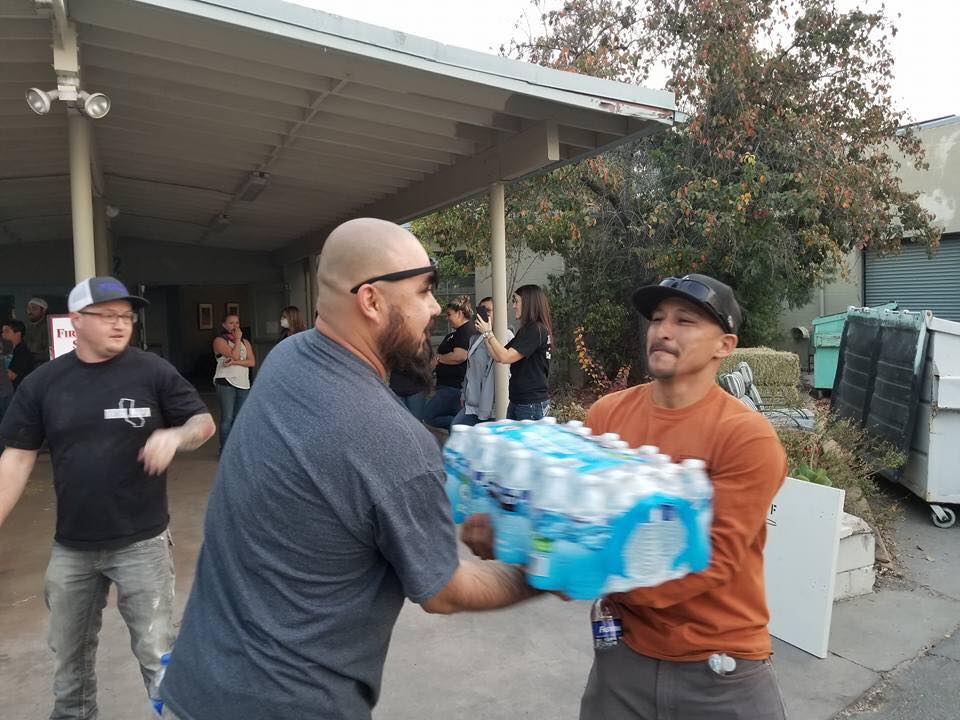By Foodbank of Santa Barbara County
Here at the Foodbank, we’ve gotten a lot of questions recently about how to correctly unpack and clean your produce and food items during the COVID-19 pandemic. The Foodbank takes precautions to limit exposure of your food to COVID-19 – food is held for two days before it gets distributed to eliminate any contamination that may have occurred before it reached our warehouse.
First, we want to preface this by saying that, according to the CDC, there is no evidence to support transmission of COVID-19 by food. In general, because of poor survivability of these coronaviruses on surfaces, there is likely a very low risk of spread from food products or packaging that are shipped over a period of days or weeks at ambient, refrigerated or frozen temperatures.
It may be possible that a person can get COVID-19 by touching a surface or object that has the virus on it and then touching their own mouth, nose or possibly eyes, but this is not thought to be the main way the virus spreads. However, even if the chance of contracting the virus through your groceries is slim, we still want to err on the side of caution to ensure that your groceries are germ-free. Below are tips we’ve compiled on how to safely and effectively unpack and clean your food.
The most important thing to note when unpacking and cleaning your groceries is that the virus breaks down relatively easy with warm water and soap. So, as a general rule, start by thoroughly rinsing all produce in water. Canned goods or items sealed in plastic or glass containers can be rinsed with warm water and/or soap as well, although it’s also effective to use disinfecting wipes on these items. Make sure to avoid getting any chemical cleaning agent or soap in your food if you do decide to use wipes or cleaner on packaged food items.
You don’t want to use dish soap, chemical cleaner or bleach on any produce. Even though soap is effective at preventing the spread of the virus, it’s designed for cleaning surfaces and hands, and isn’t made with human consumption in mind – meaning scrubbing your apples with soap isn’t a good idea, even if you’re worried about reducing virus transmission.
Another rule of thumb when unpacking/cleaning food: wash your hands often. This may sound repetitive, but it really is super important as it will prevent germs from one item from spreading around your home while you touch things. Avoid touching your face while unpacking and cleaning food, and wash your hands again when you’re done. In addition, before preparing or eating food, it is important to always wash your hands with soap and water for 20 seconds for general food safety.
Washing fruits and vegetables
Lettuces and other leafy greens: Fill a large bowl with water and immerse the greens in it. Swish the greens around to loosen any grit, let stand for a minute so the grit can drop to the bottom of the bowl, then lift the greens out into a colander. Run the greens in the colander under cold water very thoroughly, using a sprayer if you have one.
Root vegetables: Scrub them under running water with a vegetable brush. If you don’t have one, you can use your fingers to scrub off any caked-on dirt.
Sturdy vegetables and fruits: For items such as green beans, asparagus, cucumbers and grapes, rinse well under a high-pressure stream of water while rubbing with your hands. Let dry in a clean colander if needed.
Delicate vegetables and fruits: For soft stuff such as tomatoes, ripe stone fruit and berries, rinse under a steady but low-pressure stream of water, turning the items gently with your hands to ensure all sides are rinsed but not bruised. Spread on a clean kitchen towel or paper towels to dry so they don’t get crushed.







